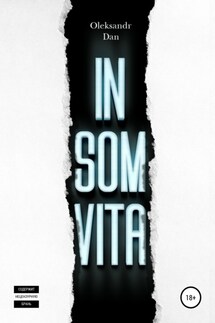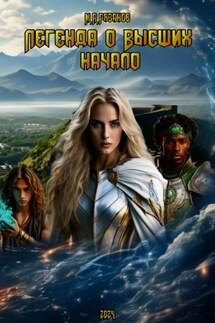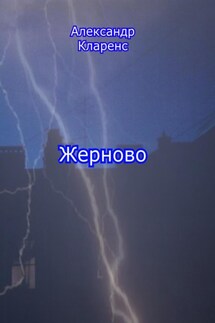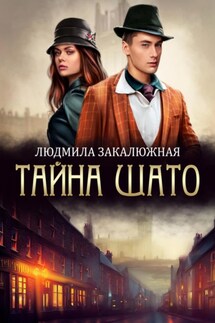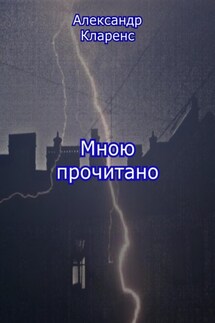Insomvita - страница 7
His father, an expert in hotel construction, had traveled regularly for work to different countries, and he would often take his family with him. That was why Trevor’s childhood memories were reduced to faded color and black and white photographs against the backgrounds of public markets in India, islands and temples of Thailand, sands of the Middle East, and the endless construction sites of Hong Kong, Dubai and Bangkok. As a child, Trevor got so used to moving around and the constant changes that even when he entered adulthood, he could not imagine himself as an office employee, working at the same desk day after day. That was the reason behind his fascination with journalism.
But then the accident happened.
When the boy was twelve, his parents died in a car accident. Trevor spent nearly a month in a hospital until his mother’s older sister, Anne Frachon, became his legal guardian and took him to Paris.
Aunt Anne was unmarried and gave all his love to Trevor. She was the one who insisted that Trevor enlist and later study journalism at university.
Over the past fifteen years, Trevor had traveled to nearly all the world's conflict zones.
He received the Prix Albert Londres war correspondent award.
His career as a journalist began in 1999 during the Yugoslav Wars. He was sent there as a young, promising reporter by the newspaper in place of an experienced correspondent, who had unexpectedly fallen ill. As a former soldier who served five years in the French Foreign Legion and had intimate knowledge of military matters, Trevor was more than ready for that kind of work.
During the assignment, he became embroiled in a scandal after he published a controversial investigation on the NATO bombing of Yugoslavia. Trevor was one of the first to reveal that the alliance had used cluster bombs prohibited by the Geneva Convention. Despite the pressure and criticism by military experts and politicians, the young journalist was noticed and recognized.
In the fall of 1999, Trevor was sent to West Africa together with a group from the BBC to prepare an investigative report on war crimes committed by Foday Sankoh, former leader of the Revolutionary United Front, who was appointed vice president of Sierra Leone in 1997, and his ties to another infamous war criminal, then president of Liberia Charles McArthur Taylor, who was later indicted for crimes against humanity thanks to the materials collected and published by Trevor. In 2000, Sankoh was also accused of being a war criminal and indicted, while Charles Taylor was apprehended and held at the International Criminal Court in 2006.
From then on, Trevor was the top journalist covering the majority of military conflicts. His insightful reports and uncompromising articles were published by most of the European press.
In 2007, Trevor was covering wars in Afghanistan, Angola, Congo, and Sierra Leone, where he investigated Viktor Woud, an arms dealer from Russia, who was suspected of illegally selling arms and munitions to the Taliban, Al-Qaeda and UN-embargoed countries.
Trevor’s colleagues from Russia had told him that Woud could be a secret dealer for the Russian state arms export agency and a big player in Russia. They warned Trevor about investigating this story, as Woud's operations were directly linked to the newly emerging Russian mafia, which had global aspirations.
